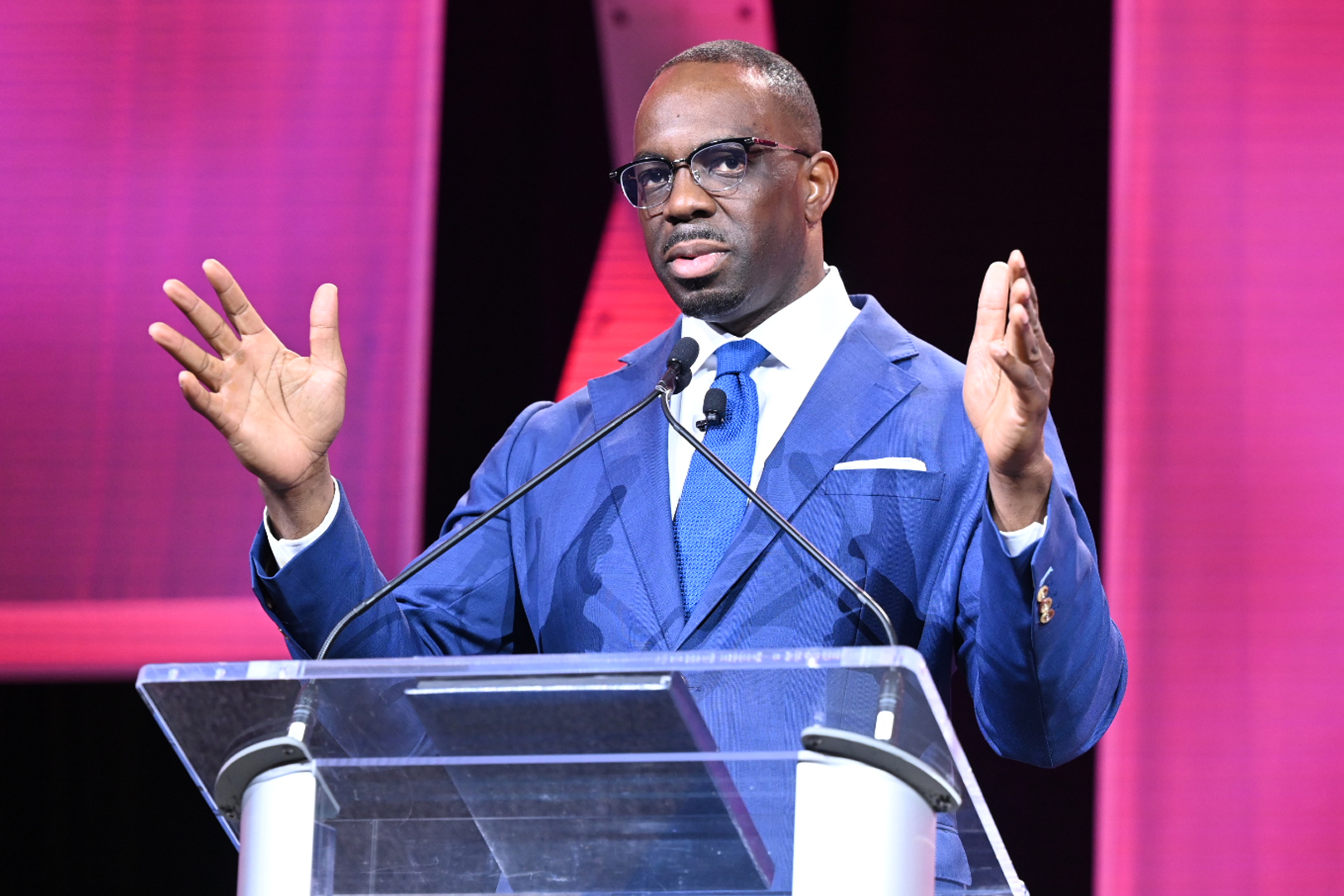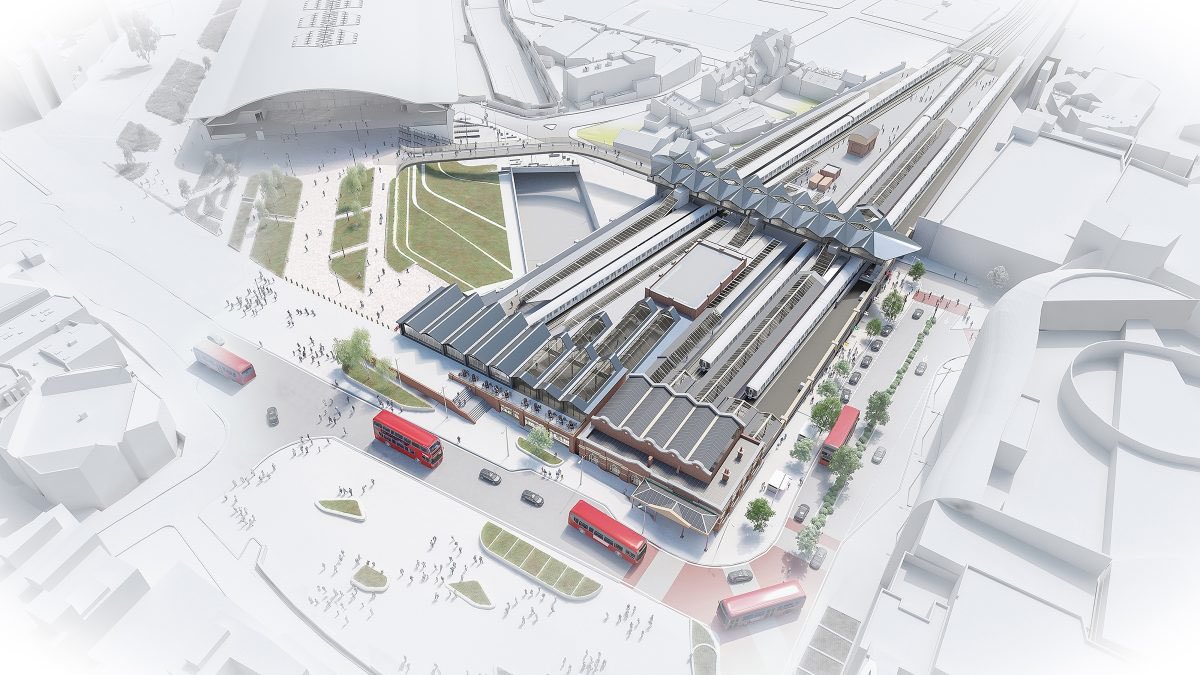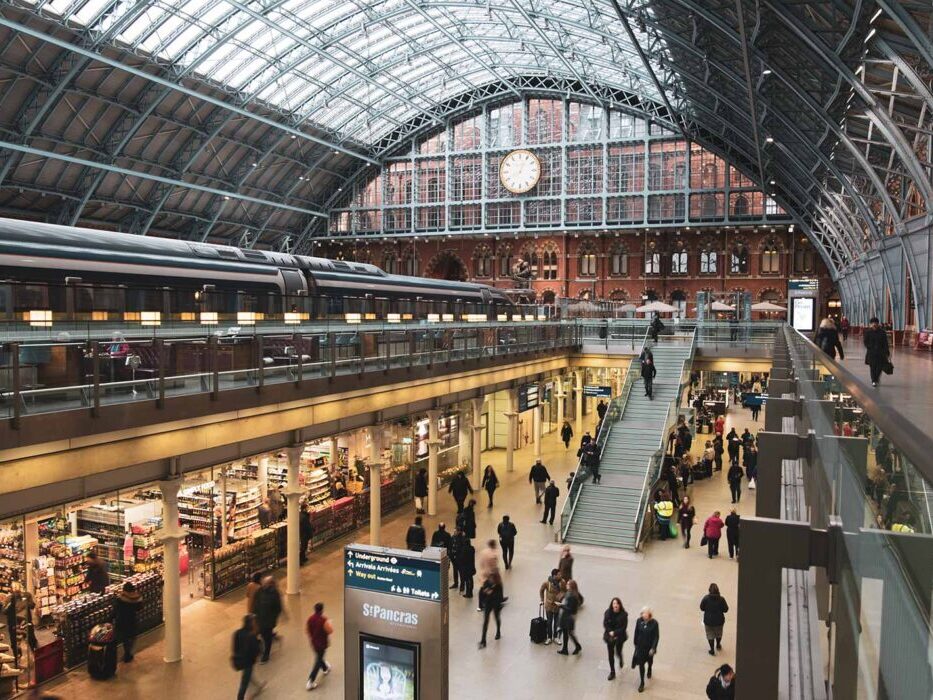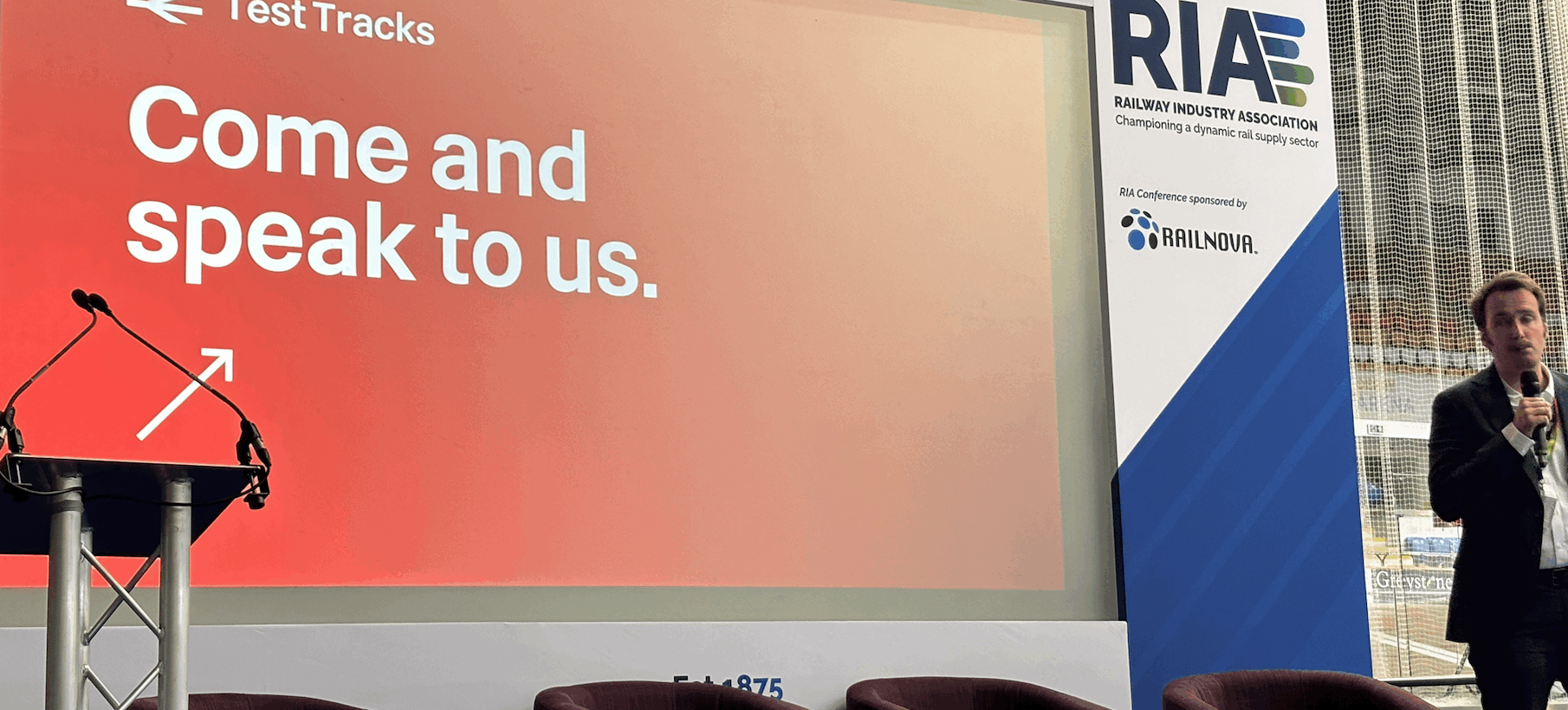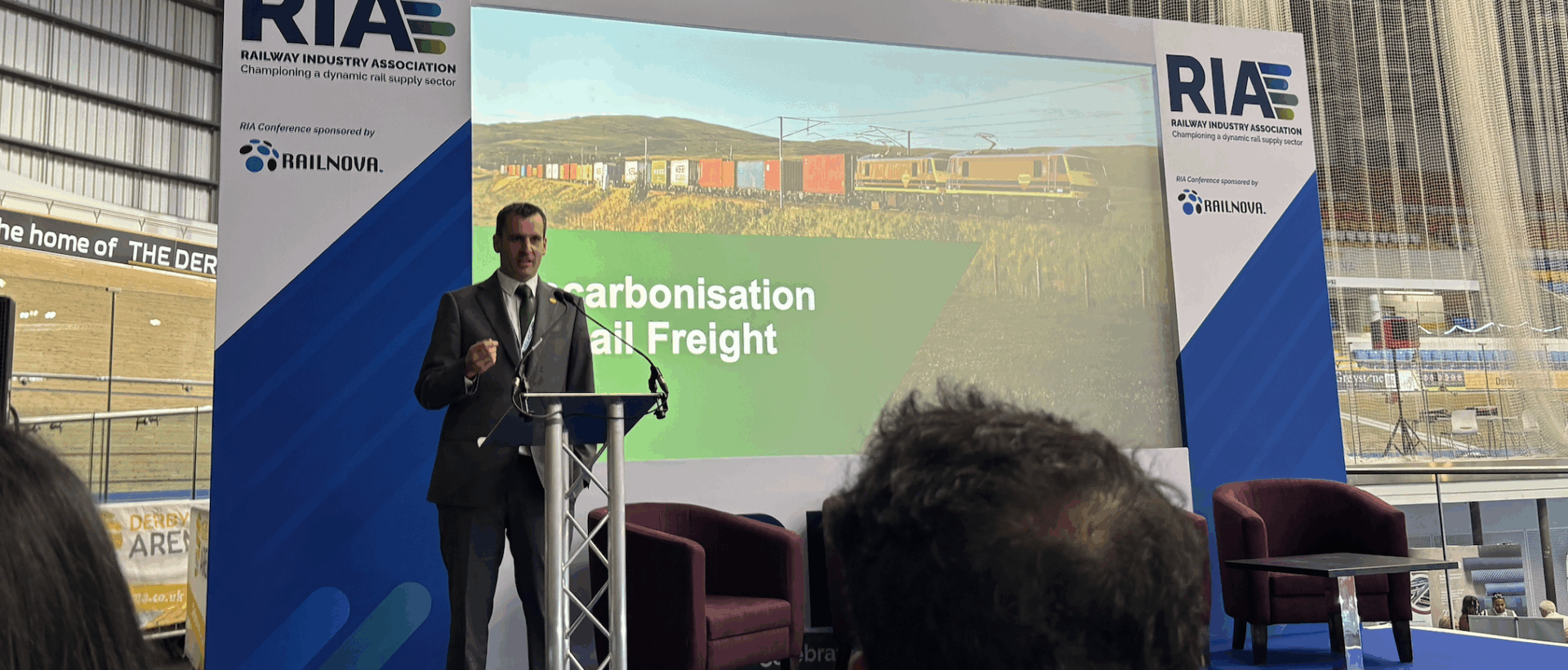Local leaders across the East Midlands have expressed strong concern following the UK Government’s decision to indefinitely pause the next phase of electrification on the Midland Main Line (MML).
The move, announced as part of the current Spending Review, shifts investment to unspecified projects elsewhere, leaving no new rail enhancements planned for the region before the next General Election.
East Midlands Councils (EMC) and Transport for the East Midlands (TfEM) have called on ministers to reconsider the decision and provide a clear, funded timetable for completing the electrification programme, which is viewed as a long-standing regional priority with national relevance.
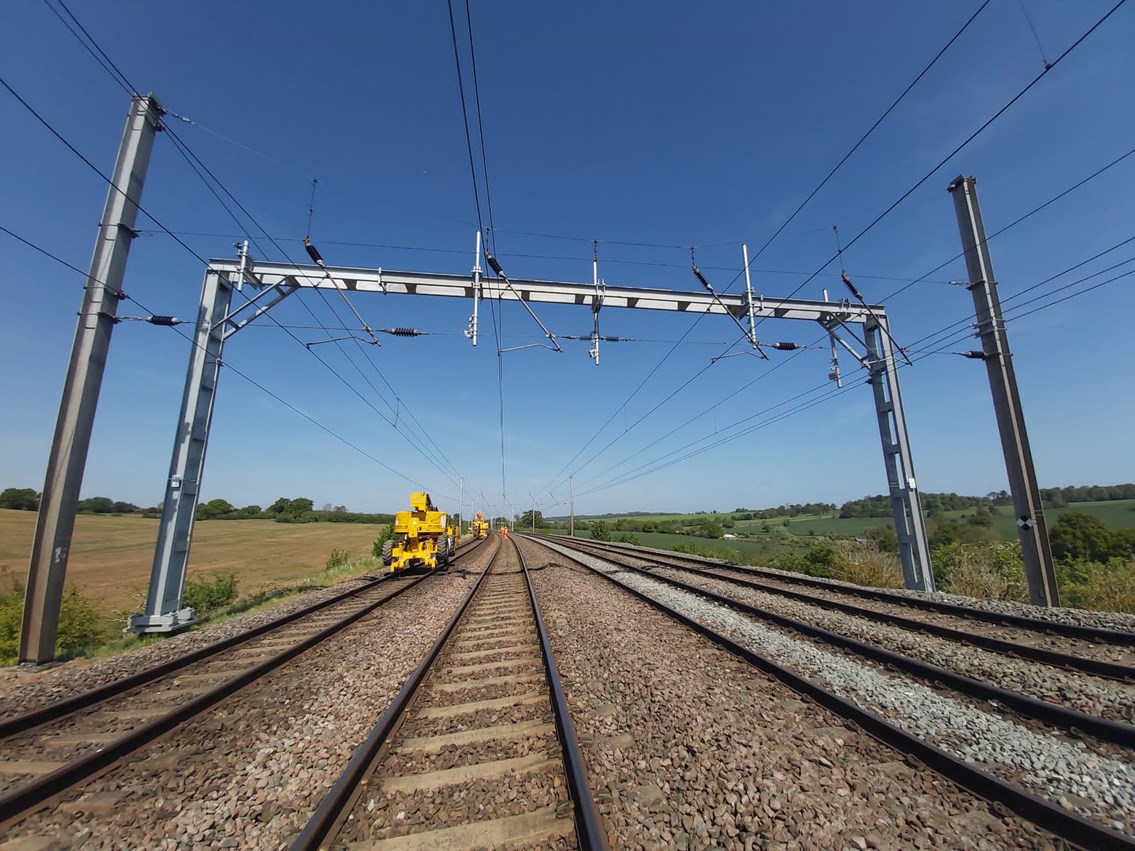
The announcement comes nearly a decade after the scheme was last paused by government in 2015, and follows a history of intermittent commitments over more than 40 years. Initial work to electrify the route began in 1981 but was halted at Bedford two years later. Although the Coalition Government recommitted to the project in 2012, subsequent progress has been inconsistent.
TfEM Chair and Leicester City Mayor Sir Peter Soulsby said:We are deeply disappointed that the government has yet again paused work on electrifying the Midland Main Line.
Electrification is not just a technical upgrade, it is a critical investment in the capacity, reliability and sustainability of our railway. It reduces carbon emissions, lowers operating costs, and provides the infrastructure that could transform local as well as inter-city rail services across the East Midlands.
The Midland Main Line is now the only mainline route that remains largely non-electrified. This puts our region at a disadvantage compared to others and undermines the national ambition to deliver a cost effective, reliable, low-carbon railway.
At present, the MML remains the only mainline intercity rail route in England not fully electrified. EMC and TfEM argue this limits the region’s ability to modernise services, reduce carbon emissions, and support local growth.
Electrification of the MML has been identified as a cost-effective opportunity to boost the regional economy, improve reliability, and reduce reliance on diesel traction. Network Rail’s recent work on sections south of Leicester was delivered on time and within budget, demonstrating the capacity to deliver in a more stable planning environment.
Further phases through Leicester and into Nottinghamshire had been expected to proceed following the 2024 General Election. However, the government has now paused these plans without a defined restart date. Local authorities warn that the knowledge, teams, and resources developed in recent years risk being lost if demobilisation proceeds.
Elaine Clark, Chief Executive of Rail Forum, said:We are extremely disappointed at the Government’s decision to pause Midland Mainline Electrification (MMLe), a decision that will have a direct impact on supply chain businesses now. We risk losing further highly skilled individuals and jobs, which will ultimately add to costs for other projects.
Stopping MMLe makes no sense; it is a shovel ready project that could deliver tangible benefits this parliament. It’s a bad decision for the UK taxpayer and it’s a bad decision for users of the MML with several of our larger cities now condemned to using diesel traction for the foreseeable future.
Estimates suggest the full electrification of the Midland Main Line could support around 4,300 new jobs, including over 100 apprenticeships, and deliver 61 million GBP in direct economic value to the East Midlands. A further 18 million GBP in social value has been identified through employment and skills benefits.
Critics of the pause say it will delay the transition to modern rolling stock, with East Midlands Railway expected to continue operating diesel trains—some more than three decades old—for another 10 years. Electrification would enable the use of newer, battery-electric trains already in service elsewhere in the UK and Europe.
TfEM and EMC have confirmed they will continue advocating for the project and for broader improvements to the East Midlands’ transport infrastructure. They argue that electrification aligns with national objectives around decarbonisation and economic rebalancing.
Additional projects were also paused during the Spending Review, including:
- York Area Capacity and Performance Project
- Peckham Rye Station Congestion Relief
- South West Rail Resilience Programme (Phase 5)
Meanwhile, the government confirmed a series of major rail infrastructure investments elsewhere in the UK


















